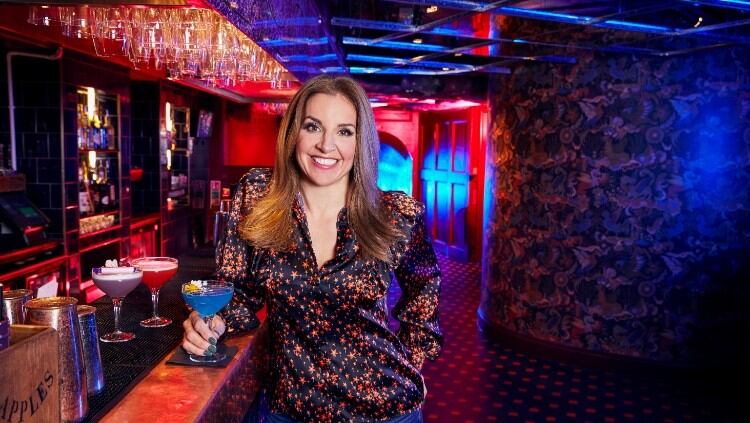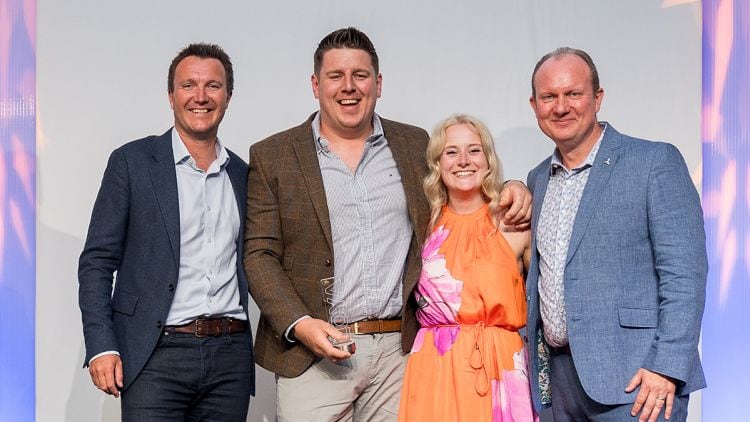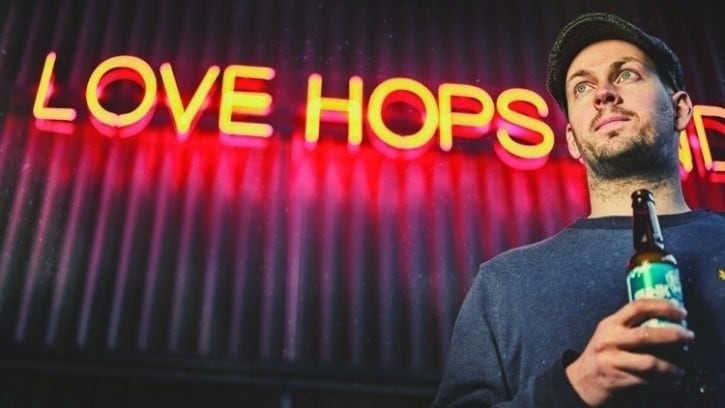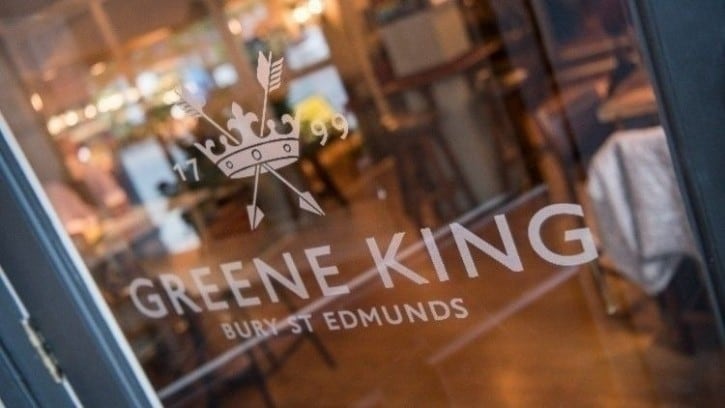The former Dragon's Den investor came up with the idea to start Nightcap after the first lockdown. Already an investor in London Cocktail Club, she had “great visibility” to the “nightmare” unfolding in the sector.
But then came ‘Eat Out to Help Out’ and the sites were rammed. “We are pack animals and want to socialise, Willingham said: “Clearly people wanted to go out and have a drink”.
On week three of a holiday, when all her best ideas seem to arise, Willingham and her husband brainstormed a plan for Nightcap. She took it to her advisers, who said “you’re absolutely insane”.
Not only do we want to do it, was Willingham’s response, but we need to do it this year.
Recent challenges
Speaking of recent challenges, she said: “It’s so easy to look at the numbers and forget what we really do. What we really do is serve the customer, and what does the customer really want?”
Saturdays were heaving: if Nightcap’s bars doubled size on Saturday they’d be full, according to Willingham. But the rest of the week was “tumbleweed”.
The Saturday brunch offer, which includes drag queen performances at many of the business’ sites, was important to the market. “Coming out of Covid, the dynamic of late night has shifted,” Willingham added.
New acquisition
Nightcap has recently acquired cocktail bar chain Dirty Martini. Willingham knew the sites really well as they were nearby other sites, and previous owners were really good at property.
Fundamentally, they were similar businesses to the company’s existing sites, and were easy to buy as the asset pre-package didn’t take on any of the overheads.
Willingham described Nightcap’s structure as “really quick, fast growth, but chaos”.
She went on to describe what made a business attractive from an investment perspective. The first thing, she said, was the person who was going to do it. “What make you better than the person stood next to you to achieve this?” she asked.
The second thing was the fundamental underlying business model. “I am obsessive about structure,” she said. The model needed to be able to paint a picture of the PnL including where the customers would come from, how would the business communicate with them, and what did it get back from them.
This marketing model was “really critical,” added Willingham. She said: “I’m going to give you £1, what am I going to get back for it?”
It was also important to know who the customer was, did you understand them, and know why they’d come here versus the place next door.
“Since I was 11 never been a day where I’ve not been in hospitality in some way or another”, she continued. Not much had changed in the sector during this time she reflected, but Covid had “really shifted” the way customers interacted with hospitality.
Consumers had become much more discerning about experiences she said, and it was the same situation with cocktails. “Palettes are becoming much more discerning,” she added, “you’ve got to meet those demands."
Hallmarks of success
Competition was also greater than ever. “But I don’t think that’s any different from how it’s ever been,” said the founder.
Nightcap, as far as achievements go, was “really big” for Willingham. “I really loved doing it, loved every moment of the journey,” she said.
However, it was the fact she’d been able to have an “amazing” family while doing it was, without a shadow of a doubt, the biggest achievement of her life.
When asked about the challenges of being a female entrepreneur, she took the audience back to a moment in her 20s, where she’d had an epiphany moment.
She’d been working on a hospitality business board in the M&A sector and was heading up a legal deal. She’d walked into the meeting and was faced with a room full of men. One piped up, “thank goodness for that, mine’s white with one sugar”.
Willingham put her bag down, went to the coffee machine, made him a coffee, made herself one, then said, “shall we start?”
As he looked up, she watched the colour drain from his face. At the end of the meeting, she walked out with a deal. “It was probably the most profound moment of my career,” said Willingham.
She’d learnt that being underestimated could be superpower. “It has never left me,” she added. As it happened so early on in her career, it was the “biggest gift someone could have given me in that moment.”
The CEO continued: “I have imposter syndrome, I think it’s quite healthy. I know what I’m good at. It’s okay to be underestimated”.




